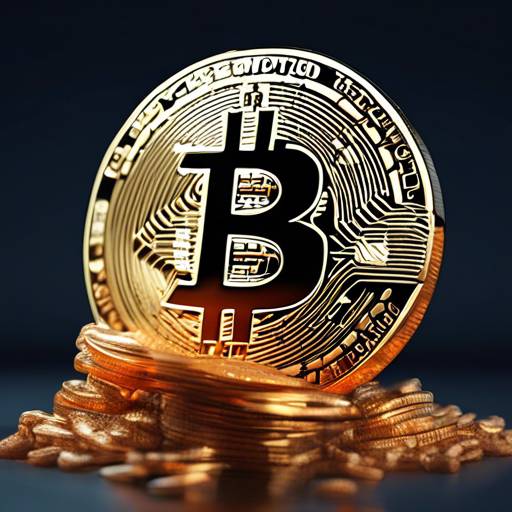Russian Lawmakers Approve Use of Digital Ruble in International Settlements
Lawmakers in the State Duma have given the green light to a bill that will allow Russian companies and their partners to utilize the digital ruble and “digital assets” for international settlements. The bill was approved in a second and third reading on February 27, according to an official release from the State Duma and a report from RBC.
Fast-Tracking Digital Asset-Powered Trade
The bill has been fast-tracked through the Russian legislature, with lawmakers aiming to encourage domestic firms to pilot cross-border trades using digital financial assets. The digital ruble is classified as a digital financial asset under Russian law, along with digitized commodities and securities. Experts suggest that certain types of NFTs may also fall under this category in the future.
New Amendments and Approval Process
The State Duma Committee on the Financial Markets introduced amendments to the draft law on February 21 and promptly submitted it for the plenary session on February 27. The committee members made several amendments after the first reading, particularly clarifying the process for purchasing digital financial products on approved marketplaces.
Central Bank as Chief Regulator
The bill designates Russia’s Central Bank as the primary regulator for digital asset trading. It also grants the bank the authority to determine transaction conditions and prohibitions for digital asset transactions. Anatoly Aksakov, Chairman of the Committee, stated that Russia’s partners have shown great interest in using digital assets for trade with Moscow, emphasizing that it could help mitigate sanctions imposed on Russia.
Hot Take: Boosting International Trade with Digital Assets
The approval of this bill by Russian lawmakers marks a significant step towards integrating digital assets into international settlements. By allowing the use of the digital ruble and digital assets, Russia aims to enhance cross-border trade and strengthen economic ties with friendly countries. The bill’s fast-track process demonstrates the urgency and importance of incorporating digital financial assets into currency regulation and exchange control.





 By
By
 By
By
 By
By
 By
By
 By
By
 By
By